Celine Song’s Top 10 Criterion Collection Films
Celine Song, the Korean-Canadian playwright and director, debuted her feature film directorial debut, Past Lives, at the Sundance Film Festival in early 2023. A24 is responsible for the film’s theatrical distribution.
Song’s play Endlings premiered at the American Repertory Theater in 2019. She has also been a finalist for the Susan Smith Blackburn Prize and the American Playwriting Foundation’s Relentless Award. In television, Song has worked as a writer on the first season of Amazon’s The Wheel of Time.
Here are Celine Song’s top 10 Criterion Collection films:
The Films
1. The Tin Drum (1979)
Director: Volker Schlöndorff
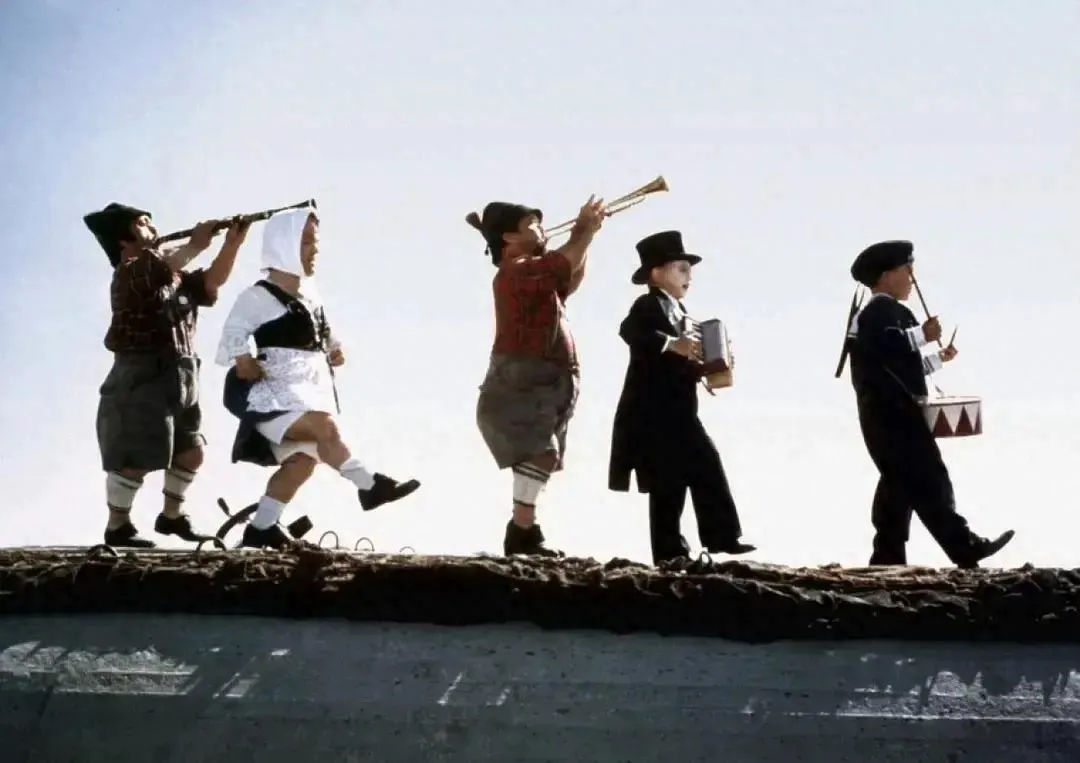
I first read The Tin Drum in my German literature class in college, and I watched the film shortly after. It’s also one of my mom’s favorite movies; she even recommended it to me once. I really love The Tin Drum, but it gave me nightmares for a month. Nothing explicitly horrific happens in it, but it’s a movie about war, and there’s a sense of dread that permeates it. Some of the images have stayed with me, and they’ve become reference points for my own work, like the scenes of chopping up and devouring a fish or a horse’s head.
2. My Dinner with Andre (1981)
Director: Louis Malle
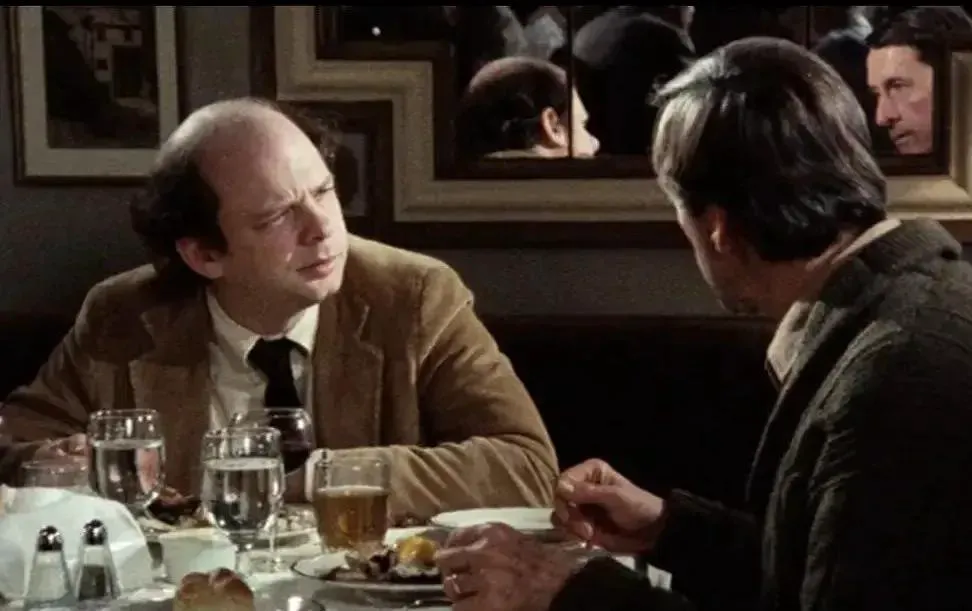
I’m always on edge when I watch My Dinner with Andre. The whole film is just a long conversation between two people, covering everything from abstract to mundane topics, but you never know when there will be a twist, when the atmosphere will suddenly become profound and reveal something deeply destructive. As a screenwriter, what I’m most interested in with this film is how to turn such a conversation into something cinematically engaging.
Wallace Shawn’s plays were an inspiration that led me to screenwriting. He and Andre Gregory are both important figures in the experimental theater world, and one of the things I love about this film is that it makes you feel like you’re part of their conversation. You can see that they are both petty and gossipy, as well as profound and sophisticated. This film is one of those relaxing movies that I will watch over and over again.
There’s a great line of narration in the film, when Shawn is waiting for the subway in New York: “When I was only ten years old… I was full of art and music. Now I’m thirty-six, and I’m full of money.” The first time I saw this movie, I didn’t understand that line because I was in my early twenties, but now that I’m thirty-four, I totally get him.
3. High and Low (1963)
Director: Akira Kurosawa
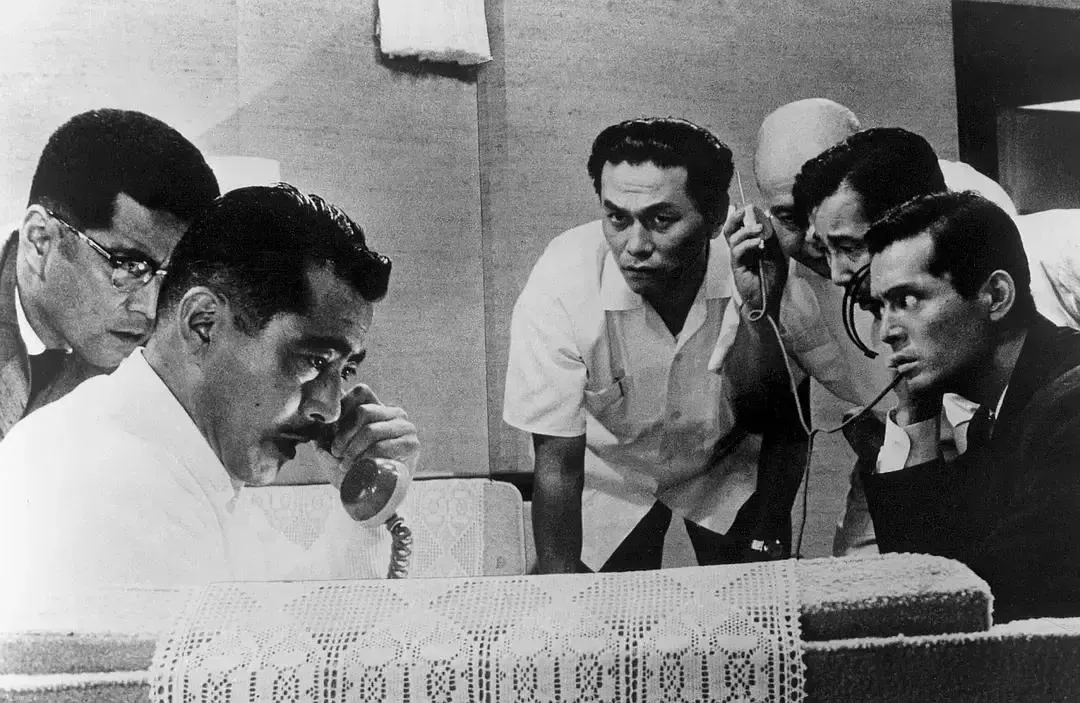
High and Low is a masterful thriller. What I admire most about it is Kurosawa’s ability to orchestrate. The way he dispatches people in a room is incredible. Just the position of the characters in the frame can change our perception of what’s happening. Three actors move to another corner of the room, and the whole space suddenly feels completely different. This film is like my textbook; sometimes I’ll rewatch it and learn something new, learning how to tell a story without using language, just through the characters’ bodies and eyes.
There’s something very theatrical about this film, which is a consistent theme in all the films I love, because that’s what’s at the heart of my work. These films’ worlds are very introverted and inclusive, and therefore seem all-encompassing, which excites me, and it’s this quality that led me into the field of theater.
4. Pina (2011)
Director: Wim Wenders
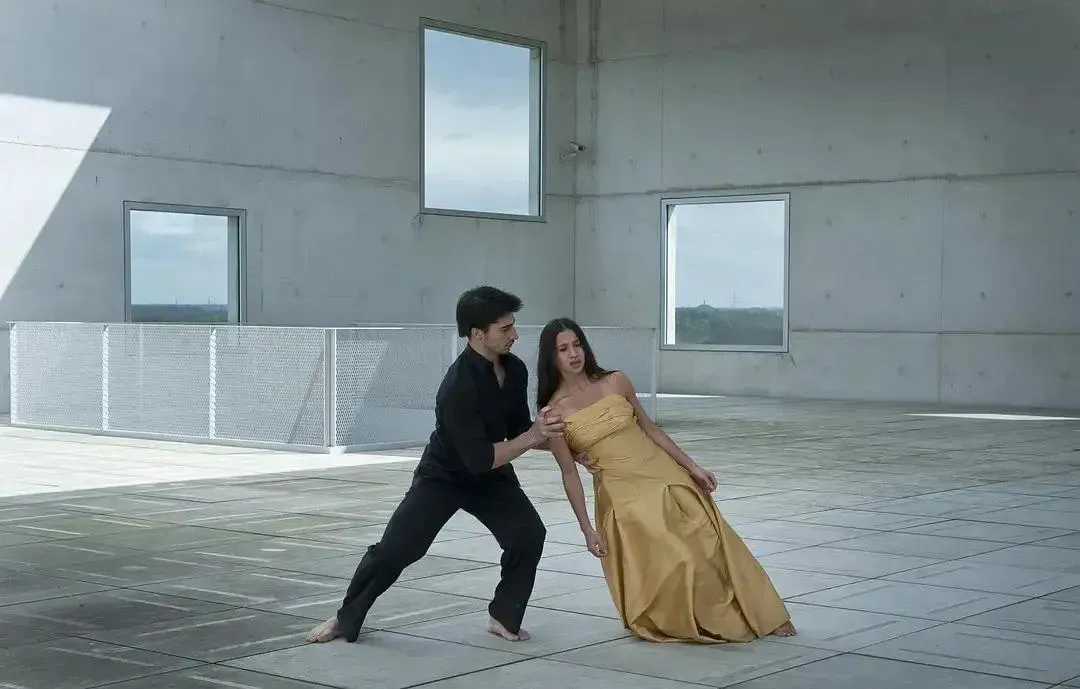
I watched this film with a group of graduate student friends, and when we came out of the screening, my friend Tara Ahmadinijad said, “Should we just give up on film?” We looked at each other and thought, there won’t be a better movie than this, will there? We were deeply moved by this film at the time, and it remains a special film for me. Pina Bausch is an absolute master. She is to dance what Kubrick is to film. No one is like her, and no one can be like her. When she died, the whole world mourned her.
In the intervals between the spectacular dance sequences, members of her dance troupe, who were very close to her, sit silently, mourning alone without saying a word. But in these scenes, we can hear their personal reflections on their love for Pina through voice-overs. This juxtaposition of sound and image is exhilarating. Wim Wenders portrays their grief so movingly.
5. The Age of Innocence (1993)
Director: Martin Scorsese
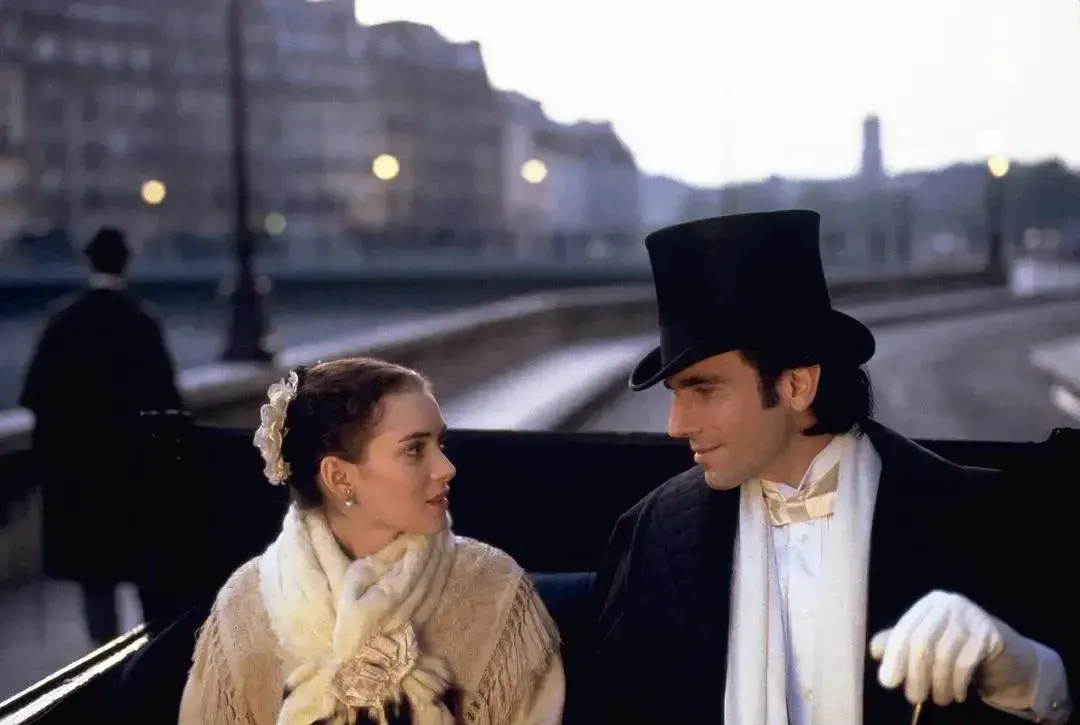
This is my favorite Scorsese film, and Daniel Day-Lewis’s performance is also my favorite. It’s a period romance set in New York, but in Scorsese’s hands, it’s full of modernity. The film tells the story of the contradiction between the practical trivialities of life and the problems of the heart, and it’s handled very seriously. In addition, the film’s portrayal of intimate relationships is exemplary. When I’m thinking about how to create erotic scenes, I always refer to this film.
This is a story about desire or unfulfilled desires, but there are undercurrents of politics and ideology hidden beneath the surface. In fact, it’s a very sharp film. You can feel Scorsese’s voice in the film, and the edges of the screen are both rough and sharp. From this perspective, it’s a very Scorsese film, even though he hasn’t made any other similar films. Of course, he’s made other historical films, but none that focus so much on a romance set in interior spaces and ballrooms. At the end, Daniel Day-Lewis’s elderly Newland sits in the courtyard looking up at Ellen’s window, and that image always takes my breath away.
6. Barry Lyndon (1975)
Director: Stanley Kubrick
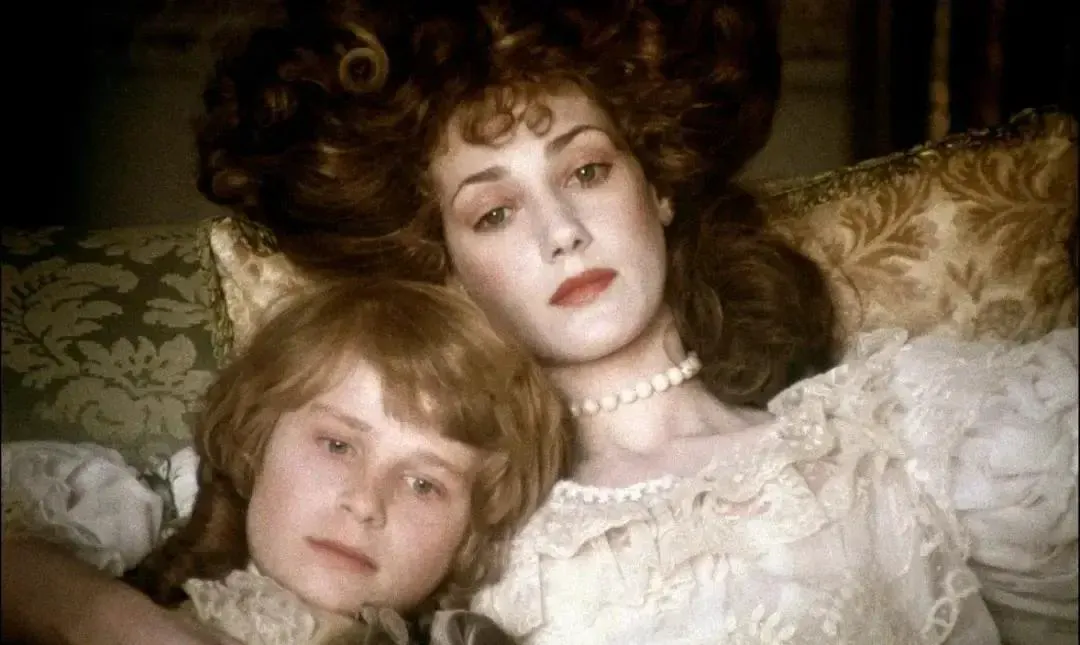
Barry Lyndon contains the core of what I think of as Kubrick’s work—that people are really, really small in the face of history, time, and space. All the characters in the film are like dust, as if they could be blown away and disappear at any moment. Their pettiness, vanity, and power struggles are all ridiculed. It’s a comedy, even though it’s made up of a series of carefully designed misfortunes. There are plenty of lighthearted episodes, which is a consistent feature of Kubrick’s films. Its sense of humor is very dark, and I like it.
The visual world of Barry Lyndon is incredible. I often pause when watching this movie, like looking at a painting in a museum to appreciate it. This is my favorite Kubrick work.
7. The Celebration (1998)
Director: Thomas Vinterberg
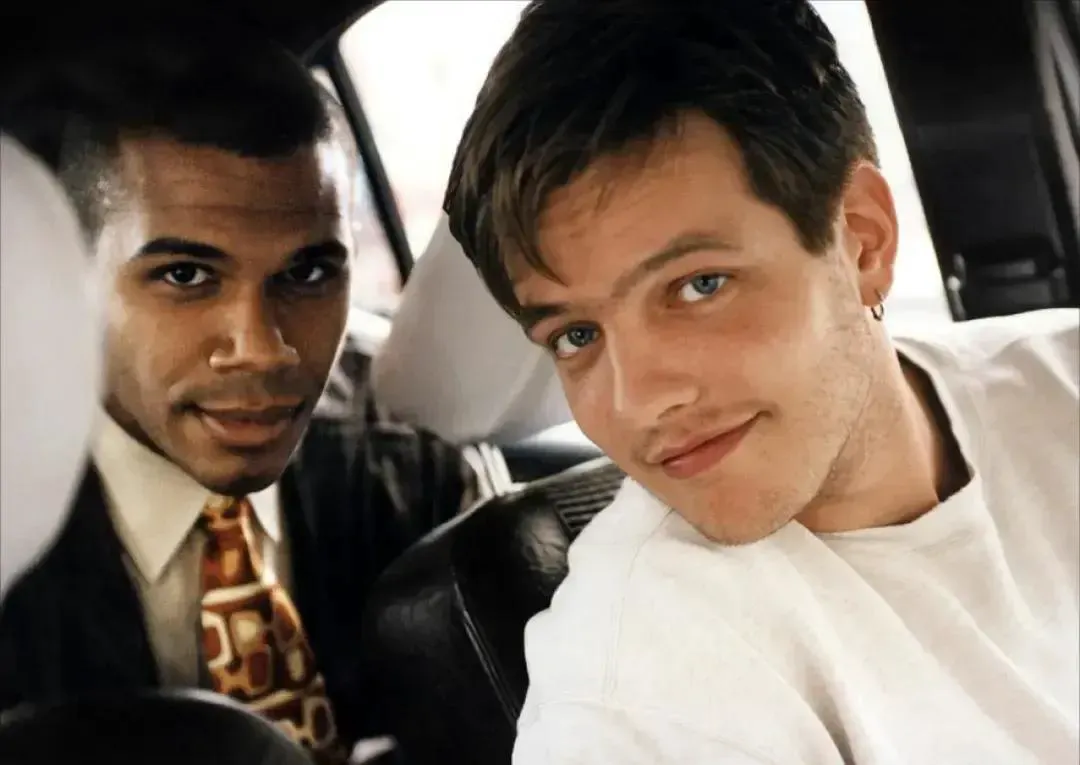
This is another film that is a world unto itself. This is a masterpiece by Thomas Vinterberg, and in many ways, it’s like a Greek tragedy, with the characters undergoing a sacred revelation. The production and performances are psychologically very sharp, and although it describes an unusual situation, it feels real. Vinterberg’s skillful technique of hiding and revealing the truth through someone’s expression or a seemingly innocuous line of dialogue is breathtaking. The film also has an amazing sense of humor, no different from the humor shown in Greek tragedies.
What we are witnessing is devastating, but every psychological beat is handled so perfectly that I feel completely drawn to it and emotionally captivated. This is also what I hope my work can do.
8. Howards End (1992)
Director: James Ivory
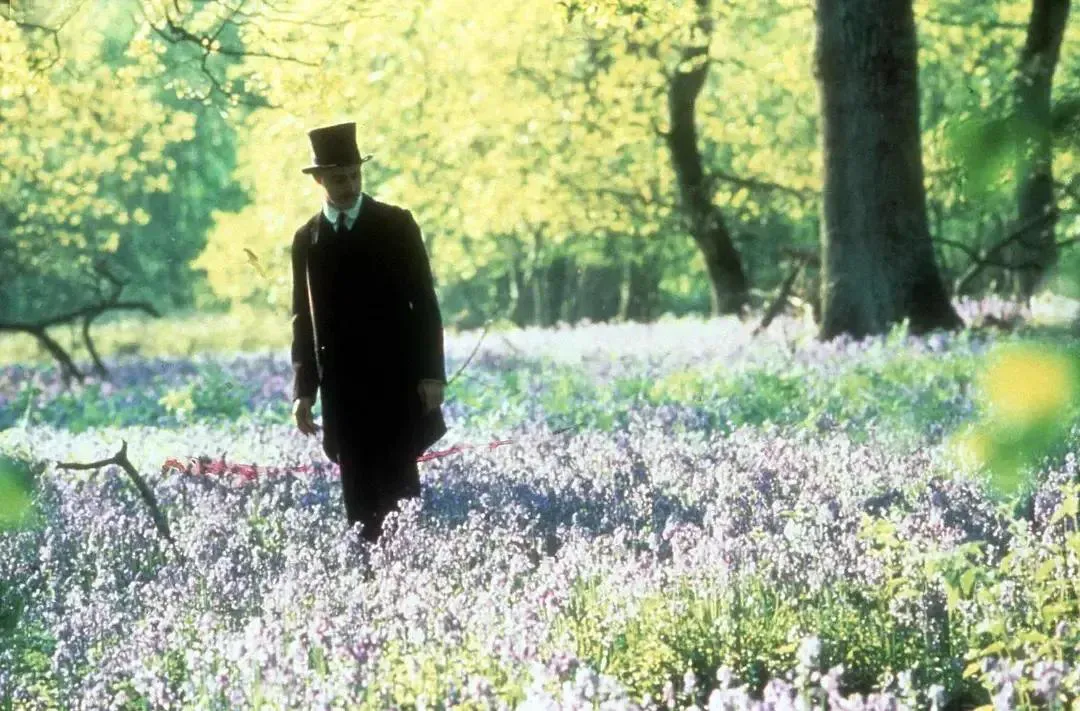
I love the understatement of life and death in this film, as well as the almost morbid black humor. Period romantic comedies are one of my favorite movie genres.
This is a film that focuses on materialism and how money works, and it addresses these themes directly with complete sobriety. In the field of art, we don’t often talk about real estate, and I understand that—we don’t want to talk about rent in movies because we already talk about it too much in our daily lives. But in fact, if you’re interested in human nature and trying to accurately portray human life, then it’s absurd to abandon the important dramatic issues that occupy people’s lives: where do we live, and how do we live? This film touches on this basic existential question, and for that, I appreciate it very much.
9. Closely Watched Trains (1966)
Director: Jiří Menzel
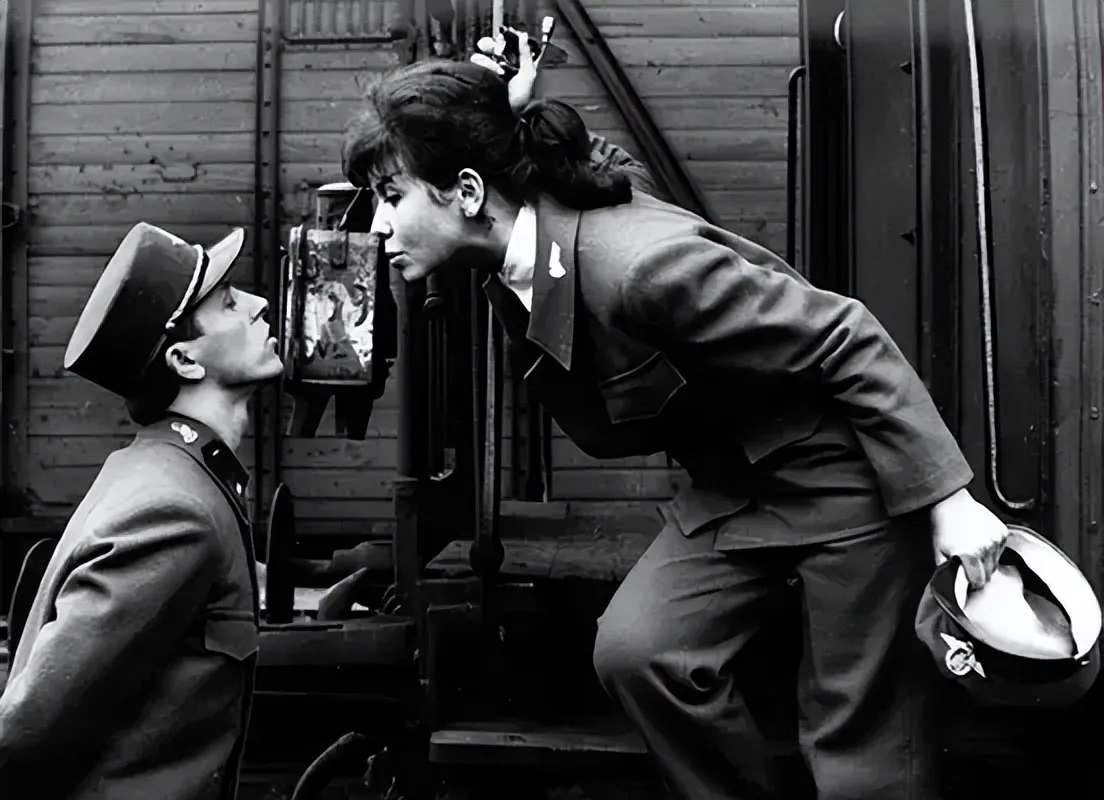
I grew up immersed in the literary works of Bohumil Hrabal, and I’ve read almost every book he’s written. Because I love the original so much, it’s hard to imagine that I would feel the same way about the film. However, Jiří Menzel, as a compatriot of Hrabal and a soulmate deep in his heart, perfectly tells the broken story of a lazy youth during wartime. I believe that every war-themed film faces the challenge of not accidentally becoming war propaganda—and this film (like the original) is keen to be anti-war because it guides the audience to feel the complete meaninglessness of war. There are no war heroes in the film, only ordinary, nameless people whose passions and joys of life are cruelly ended by the war—these things are never publicized with great fanfare, nor are they mentioned in history books. In the film, under the weight of history, human lives are strangled like flies, and human nature is completely obliterated. I am deeply touched by such stories.
10. Gray’s Anatomy (1996)
Director: Steven Soderbergh
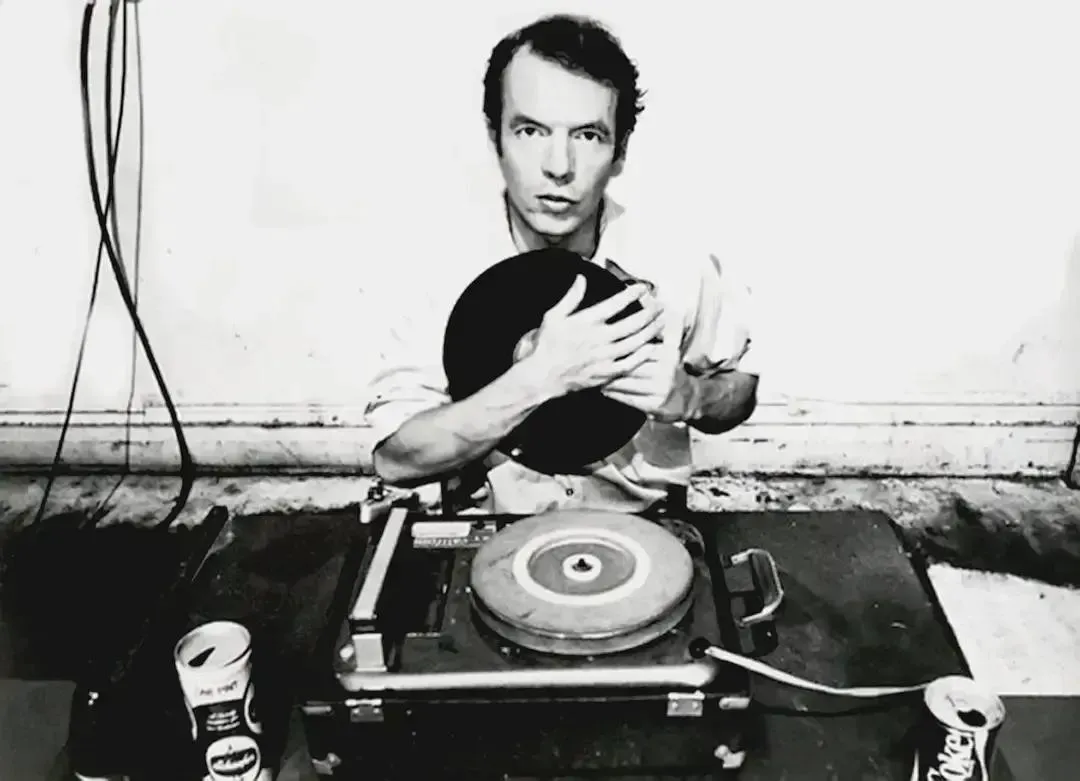
This was my first real exposure to Spalding Gray. Before watching this movie, I had read his work. Gray is a talented monologist, and listening to his gentle voice tell stories, you will unconsciously take his hand, walk through the woods, walk into the water, and finally suddenly find yourself drowning in the vast sea. You will gradually integrate into his language until you are completely lost, and he is your only support. Of course, the best way to watch this movie is still in a movie theater, and Soderbergh subtly captures a certain sense of presence.